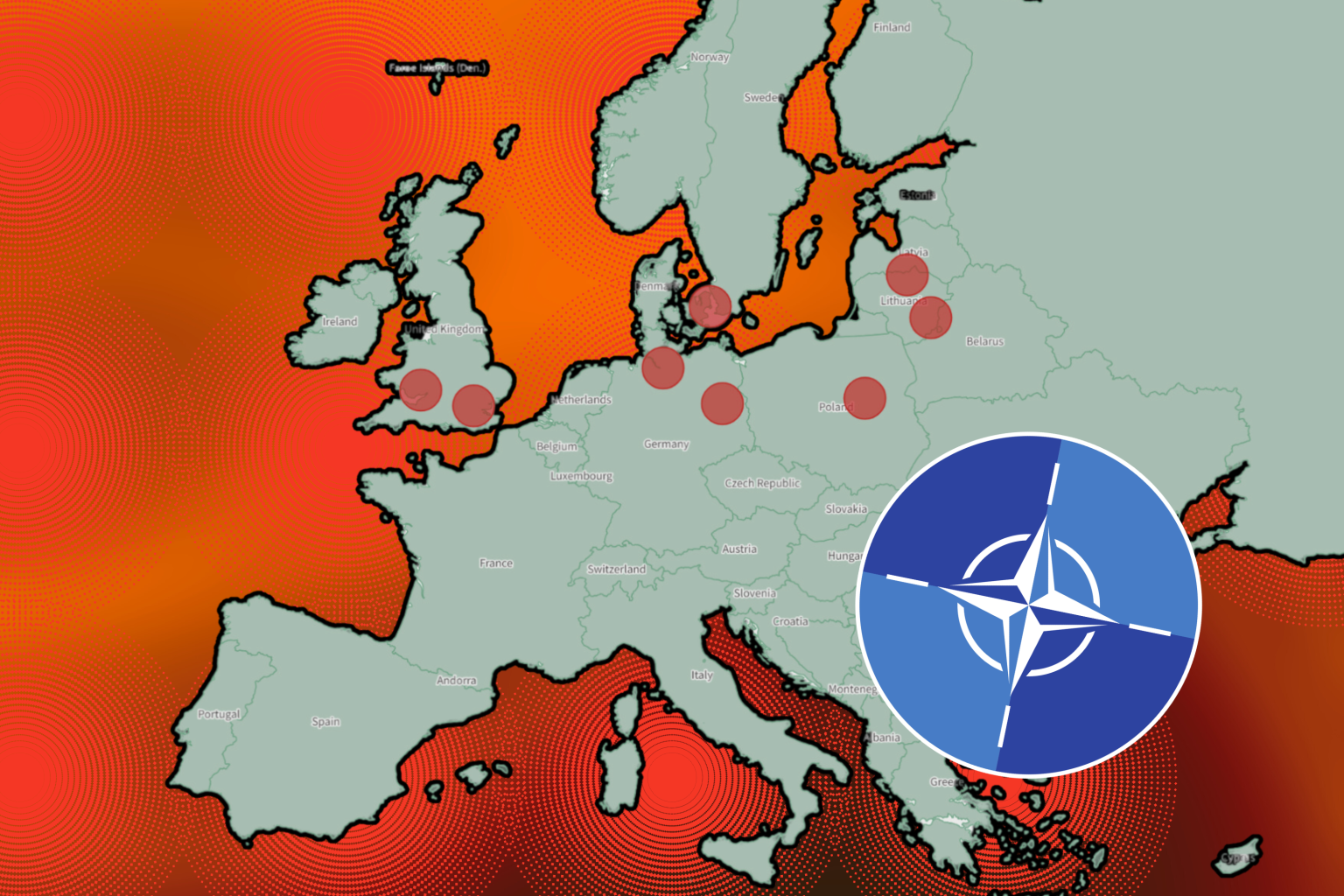Several mysterious fires have broken out in NATO countries recently, sparking speculation of sabotage. In Germany, a fire at a scrap metal facility in Hamburg’s port area erupted, while in Denmark, a blaze hit a Novo Nordisk office building. Other incidents occurred in Lithuania, Poland, and the United Kingdom. Although there is no concrete evidence linking Russia to the fires, it has been mentioned in connection with at least two of the incidents. The timing of these fires coincides with heightened tensions between NATO and Russia due to the invasion of Ukraine.
The fire at Novo Nordisk, a pharmaceutical firm in Denmark, started outside and later spread to an office building in Bagsvaerd, which houses the company’s global headquarters. The cause of the fire is still unknown. In Poland, a fire gutted a shopping mall in Warsaw, with President Donald Tusk suggesting the possibility of sabotage. Investigations are ongoing, with speculation about Russian involvement. In Germany, a fire broke out at the Diehl Metall plant, causing significant damage. The company is a subsidiary of the Diehl Group, which manufactures IRIS-T missiles used in the war in Ukraine.
In Lithuania, a blast hit a gas pipeline and a fire broke out at an IKEA store, prompting concerns about sabotage. President Gitanas Nauseda expressed worries about potential repeated acts of sabotage. In the United Kingdom, two men were charged with assisting Russian intelligence following a fire at a warehouse in London linked to a Ukrainian businessman. The perpetrators were allegedly hired by the Wagner private military corporation, known for its involvement in the conflict in Ukraine. Additionally, an explosion occurred at a factory in South Wales run by BAE Systems, a British defense contractor that manufactures weapons for Ukraine.
Speculation surrounds the cause of these fires, with some pointing to possible sabotage linked to Russia amid ongoing tensions in the region. The fires have impacted various industries, from pharmaceuticals to shopping centers, raising concerns about the safety and security of critical infrastructure in NATO countries. Investigations are underway to determine the origins of these fires and any potential connection to foreign interference. The incidents serve as a reminder of the complex geopolitical landscape and the challenges faced by countries in navigating relationships with neighboring nations and global powers.


